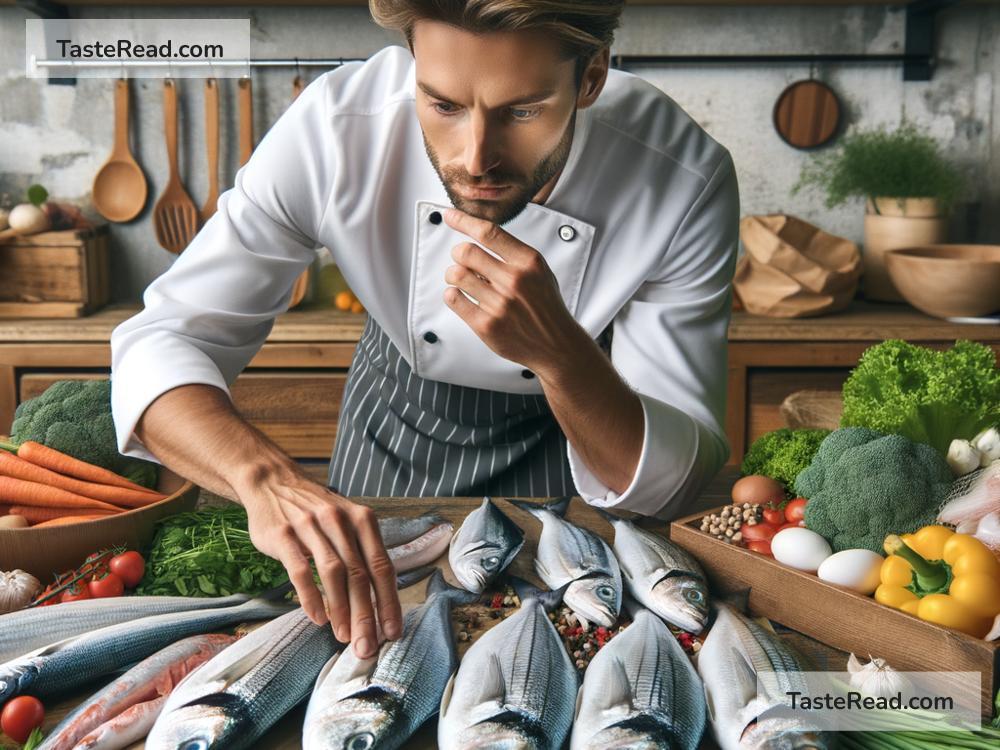Exploring the Role of Ethical Fishing in Ingredient Choices
In a world that’s more connected than ever, our food choices have far-reaching impacts—not just on our health and pockets but also on the planet and its inhabitants. Among these choices, the seafood we decide to consume plays a significant role. This brings us to the concept of ethical fishing, a topic that deserves our attention now more than ever.
So, what does ethical fishing even mean? Simply put, it’s about catching fish in ways that are sustainable, cause minimal harm to the environment, and respect the welfare of marine life. It’s a practice that ensures we have fish for dinner today while also making sure there’ll be fish in the oceans for future generations. This concept isn’t just a fancy term for conservationists to throw around—it’s a guideline for making responsible choices when it comes to seafood consumption.
Why Does Ethical Fishing Matter?
Imagine fishing as borrowing books from a public library. If everyone took books home and never returned them, there wouldn’t be any books left for others. Similarly, if we overfish or fish irresponsibly, we deplete the ocean’s resources, leaving nothing behind. This doesn’t just affect the fish populations; it disrupts entire ecosystems, affects livelihoods, and even contributes to the loss of essential coral reefs.
Moreover, unethical fishing practices, like using nets that indiscriminately capture everything in their path, harm unintended marine life—turtles, dolphins, and other sea creatures become collateral damage. Ethical fishing, on the other hand, uses methods that target specific species, reducing bycatch and giving our oceans a fighting chance to remain vibrant and diverse.
How Does Ethical Fishing Influence Our Ingredient Choices?
As consumers, our ingredient choices have power. Choosing seafood caught through ethical practices encourages more fishermen and companies to adopt sustainable methods. This, in turn, leads to healthier oceans and a more stable seafood supply. Here’s how making mindful decisions can make a difference:
-
Quality Over Quantity: Ethically caught fish often come from healthier stocks and are handled with care, ensuring you get a better-quality product. When seafood is caught sustainably, it’s not just good for the planet—it’s a tastier, healthier choice for you too.
-
Supporting Responsible Businesses: By choosing products labeled with certifications like the Marine Stewardship Council (MSC) or Aquaculture Stewardship Council (ASC), you support businesses that invest in sustainable practices. This creates economic incentives for others in the industry to follow suit.
-
Encouraging Transparency: Demand for ethically sourced seafood pushes for more transparency in the seafood industry. Companies are motivated to share where, how, and by whom the fish on your plate was caught, fostering a culture of accountability.
How Can You Make Ethically Informed Choices?
Making ethically informed choices doesn’t need to be overwhelming. Here are a few simple steps to get started:
-
Look for Certifications: Certifications like MSC or ASC are a quick guide to identifying ethically sourced seafood. Products with these labels meet strict standards for sustainability and responsible practice.
-
Ask Questions: Don’t hesitate to ask your fishmonger or restaurant about the origin of their seafood. Where was it caught? How was it caught? If they can’t provide answers, it might be a red flag.
-
Embrace Variety: Diversifying your seafood choices can reduce pressure on overfished species. Try less popular but equally delicious alternatives recommended by sustainable seafood guides.
-
Stay Informed: Organizations like Seafood Watch provide up-to-date recommendations on which seafood to choose or avoid based on environmental impact. A little bit of research can go a long way.
The Ripple Effect
Choosing ethically sourced ingredients, including fish, sends a powerful message. It says you care about the health of our oceans, marine life, and the communities that rely on fishing for their livelihood. Each ethical decision creates a ripple that can lead to significant positive change. We’re part of a vast global ecosystem, and what we do matters. By choosing responsibly, we’re not just eating; we’re nurturing the world we live in, ensuring it remains vibrant and life-sustaining for generations to come.
The journey towards sustainable and ethical consumption requires effort and awareness, but it’s one that promises a healthier planet and a better future. By understanding the importance of ethical fishing and making informed choices, we can all play a part in this crucial movement. Let’s make choices that respect our oceans and everything in them. After all, a healthy ocean means a healthy planet—and a healthier us.


